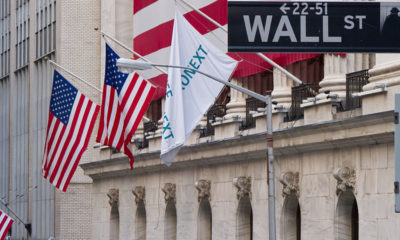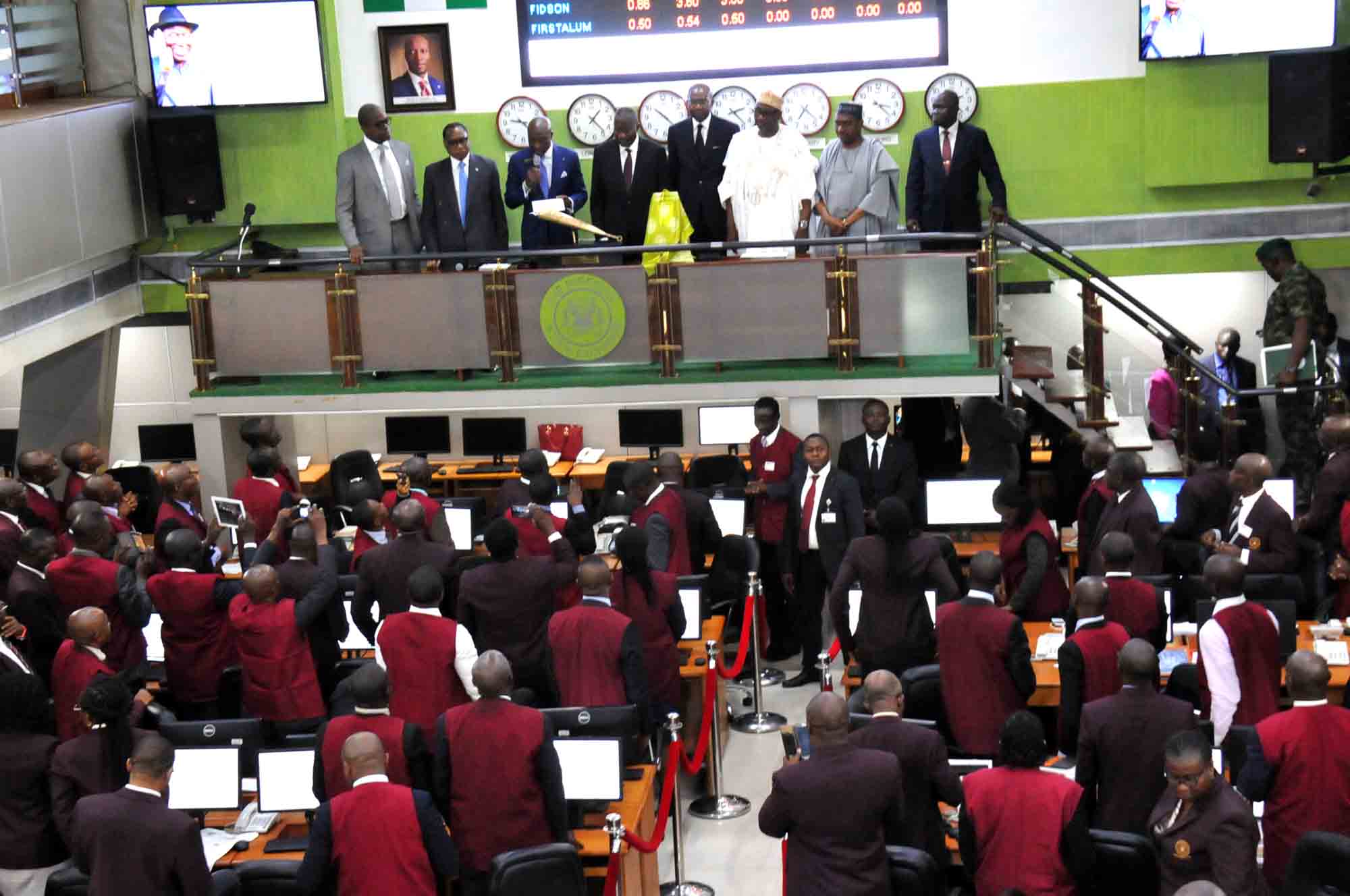Stock Market
Modulus Releases Patent-Pending Smart Order Routing System, Making Liquidity Solutions Most Flexible in Industry

Nigerian Exchange Limited
Naira Depreciation and High Interest Rates Force Market Slowdown, Experts Say
Stock Market
ASHON Seeks Increase to 1.35% Stockbroking Fees
Nigerian Exchange Limited
NGX Suffers 0.25% Dip After Three Days of Gains, Market Cap Falls by N148 Billion
-

 News3 weeks ago
News3 weeks agoBbnaija’s Wanni Wins Innoson Car Challenge, Secures First Vehicle with Twin Sister
-

 Business3 weeks ago
Business3 weeks agoNigerian Businesses Slash Dollar Exposure as Naira Depreciation Deepens
-

 Technology3 weeks ago
Technology3 weeks agoOpenAI’s Valuation Soars to $157 Billion After $6.6 Billion Funding Round
-

 Investment3 weeks ago
Investment3 weeks agoFG Secures $200m Afreximbank Investment For Creative Industry
-

 Banking Sector3 weeks ago
Banking Sector3 weeks agoUnity Bank, Anwbn Empower Women Entrepreneurs With Ai, Digital Marketing Skills
-

 Banking Sector3 weeks ago
Banking Sector3 weeks agoNigerian Banks Face Soaring Wage Bills Amid Rising Inflation
-

 Appointments3 weeks ago
Appointments3 weeks agoStanbic IBTC Appoints Dr. Kunle Adedeji as Acting CEO Ahead of Leadership Transition
-

 Investment3 weeks ago
Investment3 weeks agoNigeria Targets $10 Billion in Deep-Water Gas Investments with New Tax Incentives





























